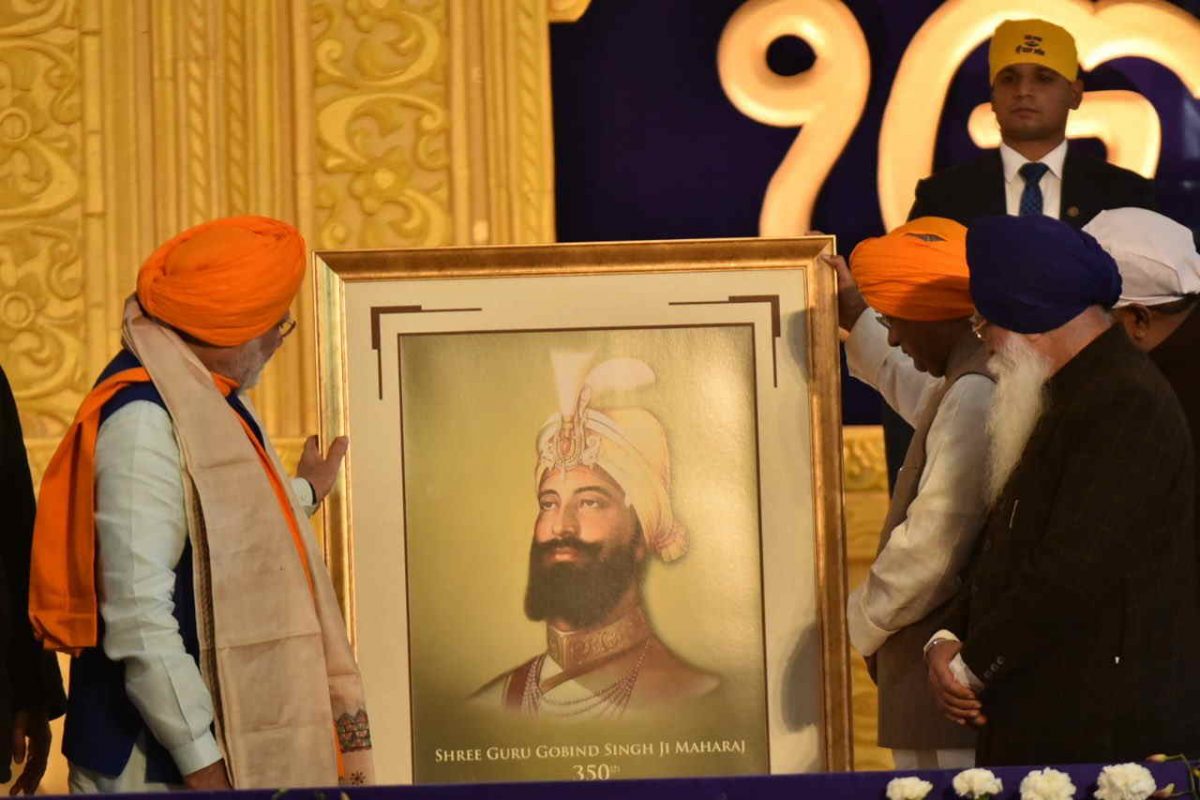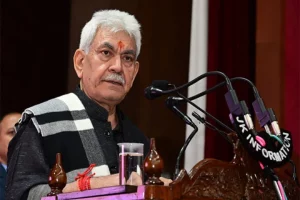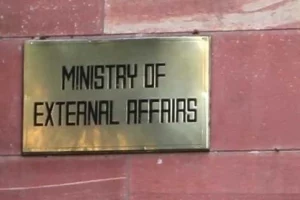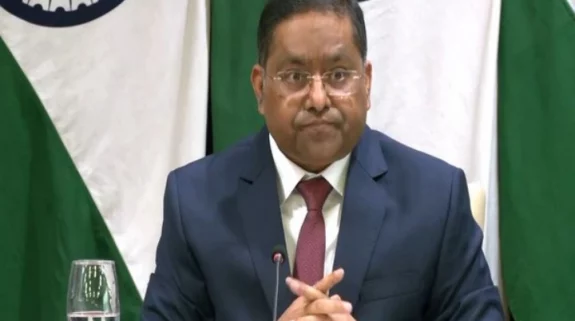In the midst of celebrating Guru Gobind Singh (1666-1708), the tenth Guru’s birth anniversary today as a statesman and military head, it must be recognised that he was much more than this description. Credited with conceiving and creating the Khalsa in 1699, he was a complete leader, encompassing in his personality, a love for languages, literature, poetry, and philosophy.
Born in Patna, the Guru was educated and tutored in numerous arts and learned several languages, including Punjabi, Braj Bhasha, Sanskrit, Persian and Arabic. Besides codifying Sikh law, the Guru wrote music and martial poetry. The Dasam Granth written by him includes philosophical writings, Hindu mythological stories, autobiography, etc. Though authorship of some parts of the Granth is disputed, the Akal Takht authorities emphasis that it was written by Guru only.
Significantly, the message underlying these works is that worship the creator and not the creations. Some of the works included in it are Jaap Sahib, Bichitra Natak, Chandi Charitar, Gyan Prabodh, Chaubis Avtar, Khalsa Mehma, Zafarnama, among others.
In the Durbar held at Anandpur and Paonta Sahib, the Guru created an environ inviting, incubating and fostering literary figures, like scribes, poets, musicians and artisans. The Guru played an important role in improving the manuscript tradition. He completed the task of finalisation of Guru Granth Sahib.
There were several prominent Sikh literary works which were written in the Guru’s reign. One is Sri Gusobha Granth attributed to Kavi Sainapat which deal with wars and battle strategies. Another is Kavi Kankan’s Das Gur Katha, which deals with the short history of the Gurus, right from Guru Nanak to Guru Gobind Singh. It also includes creation of Khalsa.
Nashitnama, a work by Bhai Nand Lal is a question-answer dialogue between the Guru and the writer. Nand Lal fled the court of Aurangzeb following his imminent conversion to Islam. A number of his works are written in Persian.
The Guru welcomed literary figures of all denominations thus upholding the Sikh secular tradition.
Celebrations across the country
Thousands of devotees paid obeisance at gurdwaras across Punjab, Haryana, Himachal and Chandigarh today to commemorate the 354th birth anniversary of the Guru.
Religious fervour was quite evident at Harmandar Sahib, the holiest of Sikh shrines also known as Golden Temple, in Amritsar in Punjab and other historic gurdwaras across the region as devotees began to assemble since early morning hours to offer prayers and listen to the kirtan or hymns set to music.
The Golden Temple complex was adorned with lights to mark the occasion.
A heavy rush of devotees was also seen at Takht Kesgarh Sahib gurdwara in Anandpur Sahib town, where the Guru founded the Khalsa Panth.
Hundreds of people also offered prayers at Gurdwara Nada Sahib in Panchkula, adjoining Chandigarh, which is associated with the visit of the 10th Sikh Guru.
Religious processions were taken out at various places in the region on the eve of the Guru's birth anniversary. 'Langars' or community kitchens have been set up at gurdwaras to feed the devotees.
Punjab Governor VP Singh Badnore and Chief Minister Amarinder Singh greeted people on the occasion and urged them to follow the Guru's teachings and to maintain peace and harmony.
(With inputs from IANS)




















